I was sitting around a Japanese bbq with two friends grilling some fine wagyu while sacrificing a few Sapporo Maltsu (maltsu maltsu) when a heated exchange broke out about what kind of bbq we were grilling on.
Barry (the names have been changed to protect what dignity we all have left) commented, “It’s so good to be able to share a few beers around a Hibachi.”
“Hibachi? That’s a Shichirin mate,” pipes up Keith, “Look it’s round, all Shichirin are round.” “Actually Konro can be round too,” I offer. Two looks of disdain as suddenly Keith shouts, “Quick the wagyu’s burning”.
A few mores beers and half a cow later we came up with the solution – my house, my rules.
The rules on what kind of barbeque it is by LH
……..
Hibachi
Round ceramic or metal pots with or without inserts and antique wooden fire chests lined with fireproof material tend to be called Hibachi. The Hibachi was used in houses as the central heat source in the living area and along with the the Tetsubin – iron pot – was the source for hot water before the advent of gas and electricity. The Hibachi and Tetsubin also became an ornamental feature in homes when entertaining guests. The Hibachi was filled with ash to house the charcoal and was often used as a heat source for toasting small items such as yakitori and rice cakes. Rusty old iron tabletop bbqs are also called Hibachi by Americans.
Shichirin
The Shichirin was a purpose built cooking stove in Japan which was fired by charcoal. They are small, round and moulded from a type of clay (though you can find some ceramic). The best Shichirin are made from diatomaceous earth which have natural thermal insulating properties.
Konro
Square, rectangular, tiny, round or “other” are all called Konro. Generally speaking, Konro are portable cooking stoves. These days they are fueled by gas but there are also some specifically made for barbequing which are simply termed Barbeque Konro in katakana, which tend to be placed on tabletops.
The very best Konro are made from diatomaceous earth or keisoudo mixed with volcanic ash. Diatomaceous earth is a natural product derived from fossilised remains of plankton mixed with volcanic ash. This material is favoured due to its high porosity and excellence in thermal insulation. When used in conjunction with binchotan, a Konro made from diatomaceous earth reflects the heat back into the cooking area while little heat is lost out the sides.
……..
Chefs Tips
- Use binchotan – white charcoal – for best bbq flavour – used by all good yakitori bars in Japan.
- If you don’t have binchotan use try to use good quality charcoal with a minimal amount of impurities.
- Never use synthetic fire starters or lighter fluid to ignite your charcoal as it will affect the flavour of your food.
Japanese Barbeque Konro and Shichirin are available at Chef’s Armoury.

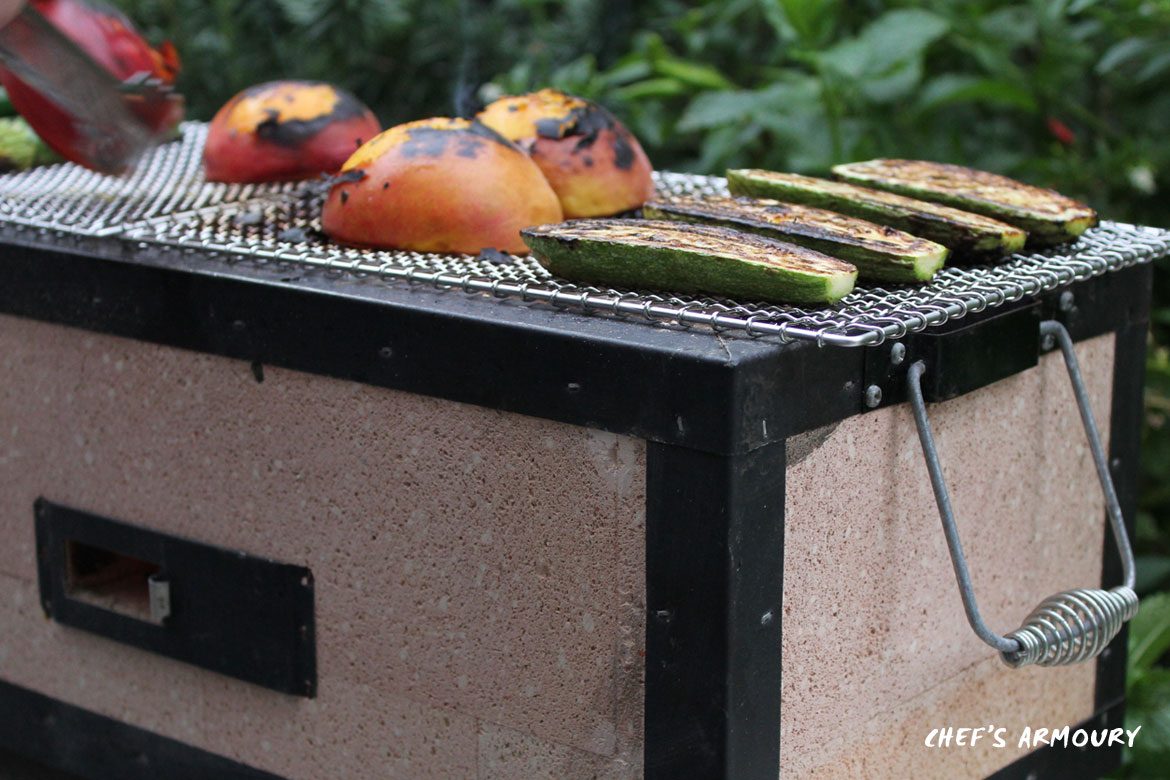
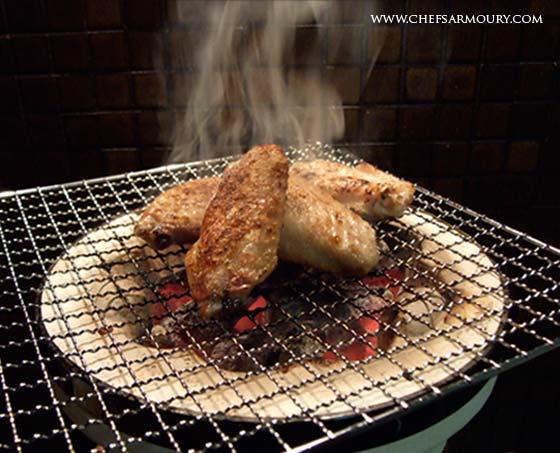
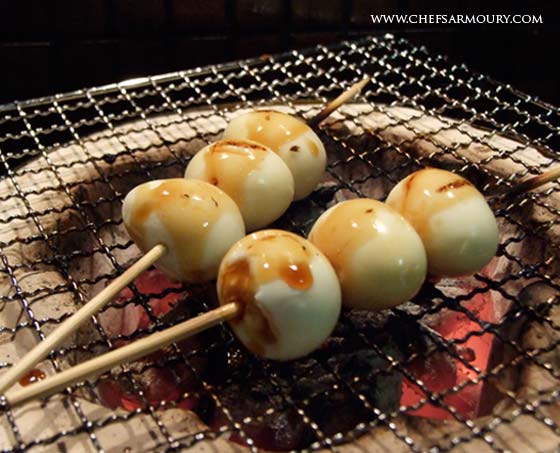
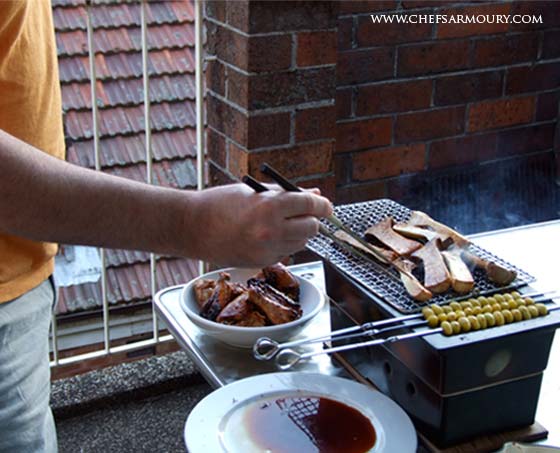
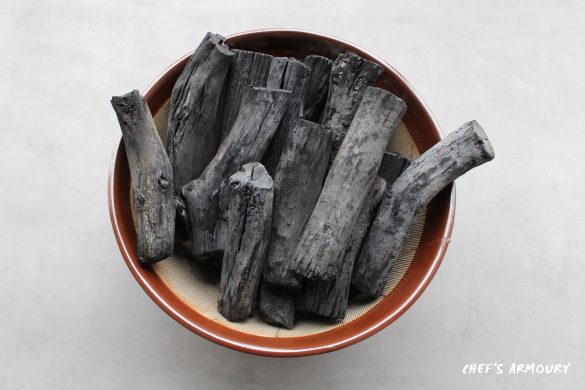
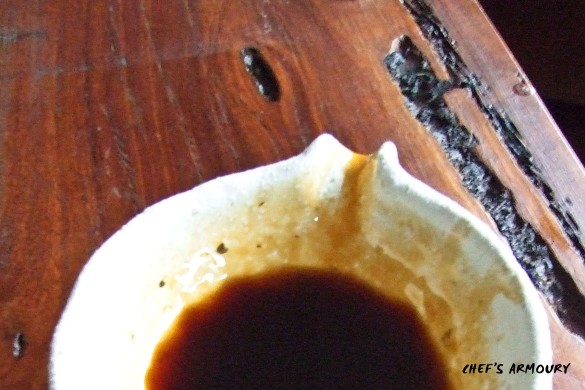
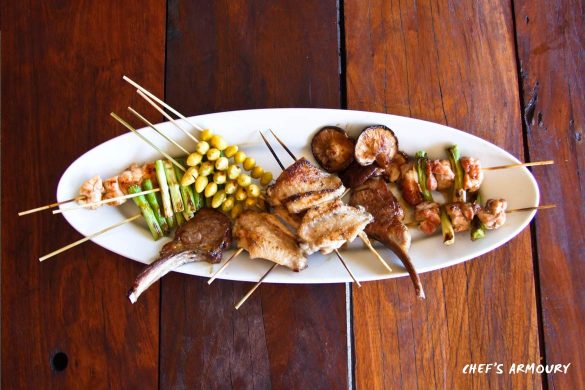
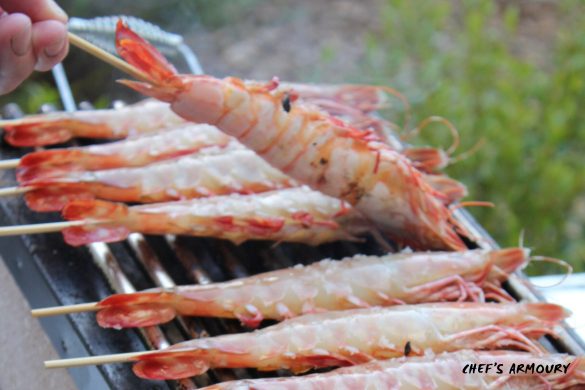
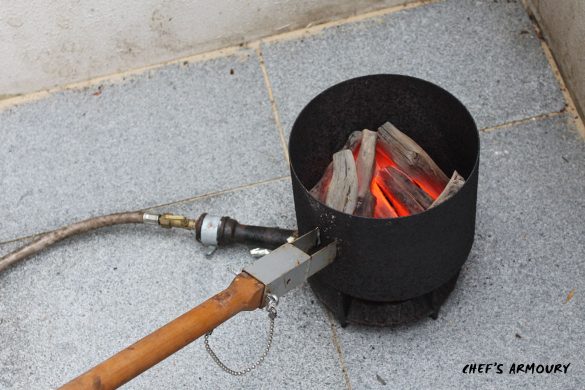
7 Comments
It was nice meeting you at the Good Food and Wine Show on Friday and Saturday. I got to see the Barbeque Konro with the skewer of quail eggs, although the quail eggs seem to be missing on the Saturday. Hope to see you all soon at your free events in August.
Quails eggs needed to be removed, too real. We buy our food models from the top model maker in Japan. Each model costs about as much as a good dinner for two (including drinks) in Tokyo.
I wanted to go on the tour being organised to see how to make food models and such. Alas, education comes first. Maybe next time if it happens again.
[…] barbecue Called a konro, these portable Japanese barbecues run on charcoal and bring out the wonderful flavours of meat and […]
Watching chef on masterchef it was a magnificent way of cooking. Very impressed
Hi,
I am interested to buy one Japanese characol grill.I live Melbourne. Where from i can get?
From Chef’s Armoury in Melbourne. https://www.chefsarmoury.com/pages/melbourne-store